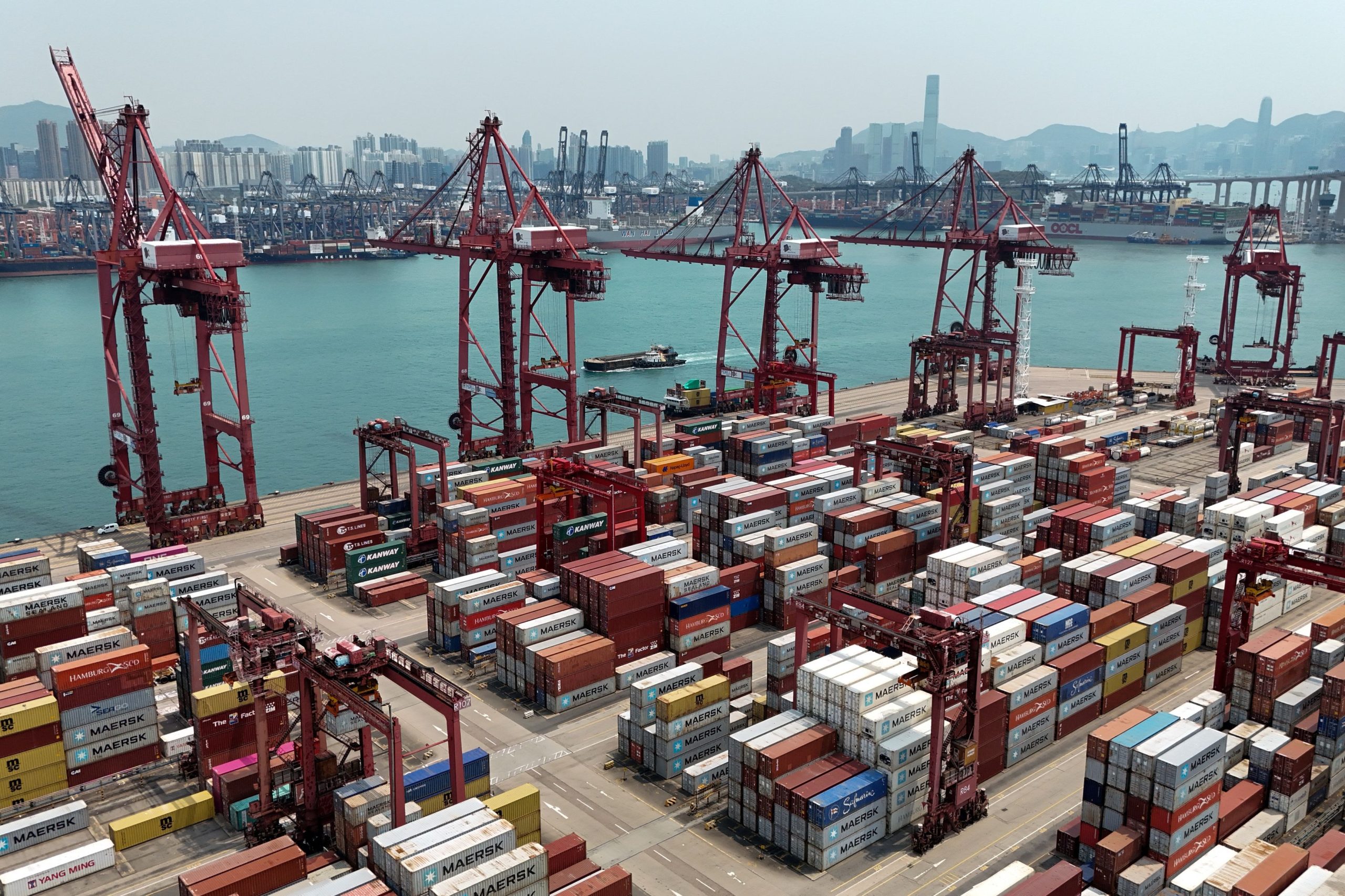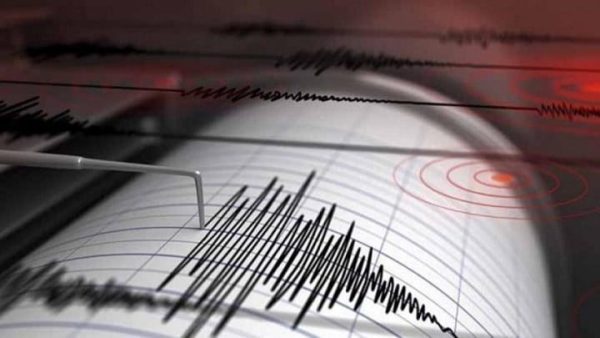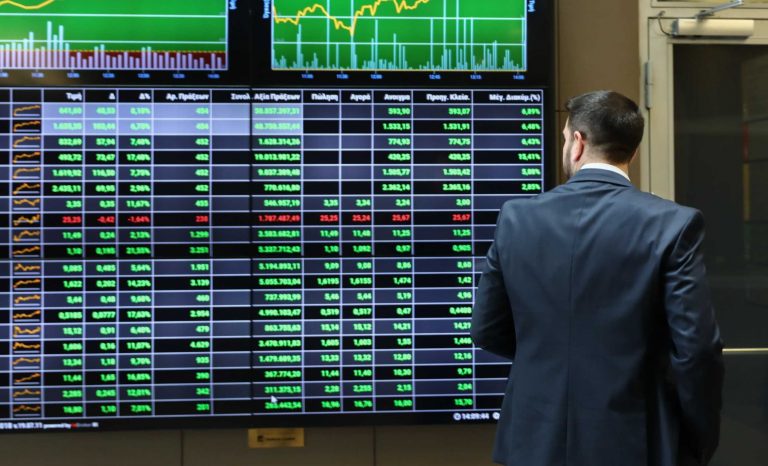The decade 2000 – 2010 wasundoubtedly the best in the country’s modern economic history. Joining the euro in 2002 secured fresh money of € 500 billion, which fell into the real economy in just eight years.
These are funds coming mainly from European and national programs and, of course, from cheap bank lending, which have spurred growth. It is characteristic that from the accession to the Eurozone until the outbreak of the debt crisis in 2010, the GDP recorded an impressive increase of 73 billion euros or 70% cumulatively, boosting the incomes of businesses and households.
This growth momentum was directly reflected in the balances of bank deposits, as in the period under review the deposit base increased from 124 billion euros to 237 billion euros, recording an increase of 74 billion euros or 90%.
In fact, in 2009 the savings exceeded the GDP, forming as a percentage of 103%.
Losses during the crisis
Things got worse when the State and then the banking system were excluded from the markets due to the known budgetary failures. In the 7 bitter years for the economy (2010-2016) GDP shrank by 56 billion euros or about 25%.
During this period, the change in deposits was, as in the upward phase, once again greater than the fall in GDP. In particular, they fell by a total of 116 billion euros, which corresponds to a fall of almost 50% from the highs of 2009.
The first 76 billion euros were lost mainly in the first years of the financial crisis, until 2012, as a result of the debt crisis combined with the Great Recession.
The political change of 2015
And while everything showed that a recovery would follow, everything was overthrown after the political change of 2015 and the failed handling by the newly elected government SYRIZA-ANEL.
It is characteristic that in just six months about 40 billion euros had fled, directed to investments or accounts abroad and in chests, for fear of the country leaving the euro.
The decline in size stopped, not because confidence was restored, but because capital controls were imposed to save the banking system. Thus, deposits as a percentage of GDP recorded a low after the entry into the euro, reaching 69% in 2016.
On the other hand, the decline in GDP may have been kept at a low level, but a great opportunity to make up for the losses of the immediately preceding period was lost. The increase could within three years (2015-2017) exceed even 10 billion euros based on the estimates of the baseline scenario.
The effect of the pandemic
After the change of course of the then government and the implementation of the third memorandum signed in the summer of 2015, the relevant figures began to increase again. Thus, from 2017 to 2019, the deposit base was strengthened by 21 billion euros, with the economy achieving three consecutive years of growth.
But the upheavals in the macroeconomic environment were not over. Everything changed again, after the outbreak of the pandemic. The contraction of GDP in just one year, last year, approached 15 billion euros with the recession exceeding 8%. But the same did not happen with deposits.
According to the official data of the BoG, from March 2020, when the lockdowns and the suspension of economic activities began, until last April, the savings of businesses and households in banks increased by 25 billion euros to 167.8 billion euros, an amount corresponding to 100% of GDP.
The last time this percentage was at these levels was in 2009. In any case, this increase was multifactorial and is not related to an increase in income.
Specifically, the most important reasons that catalyzed the size of deposits were the following:
– Suspension of of tax and insurance payments and loan obligations
– State support measures, such as repayable advance, employee compensation, compensation of property owners with rent cuts, and loan subsidy
Forced reduction of consumption due to restrictions on economic activity
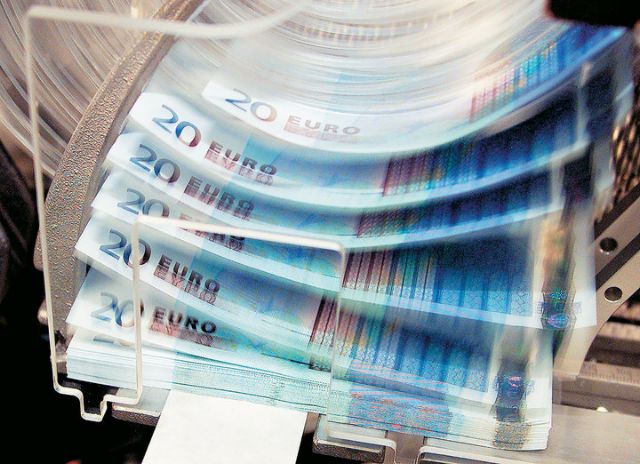
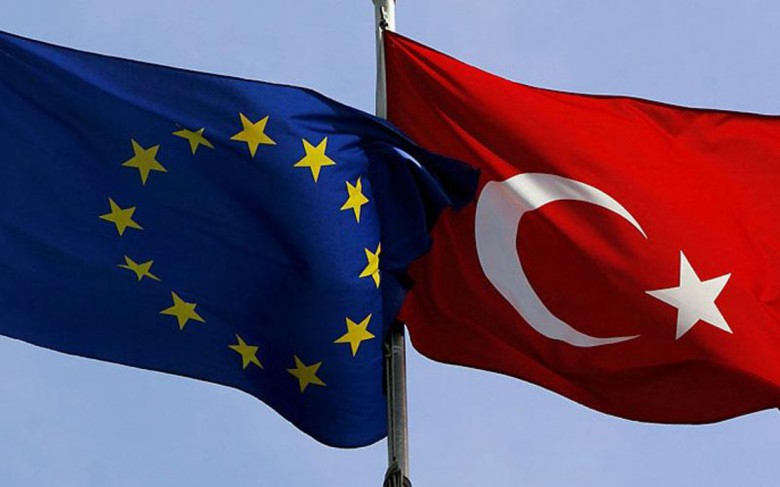









![Οι αλλαγές που υπάρχουν στα φορολογικά έντυπα για τα εισοδήματα του φορολογικού έτους 2024 από ακίνητα [Γ’ Μέρος]](https://www.ot.gr/wp-content/uploads/2025/03/akinita.jpeg)

